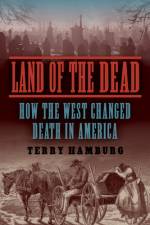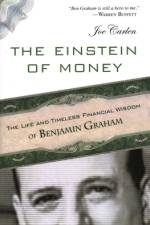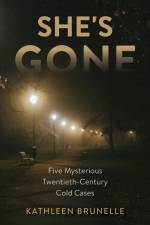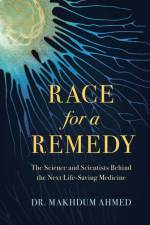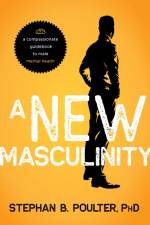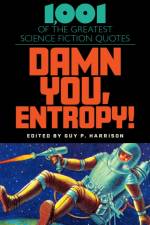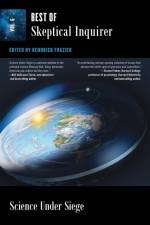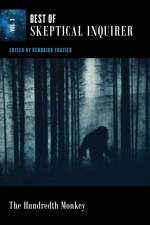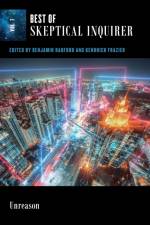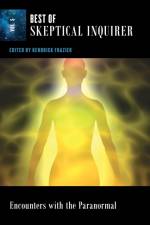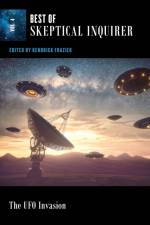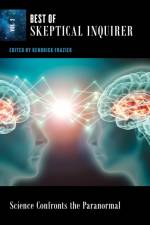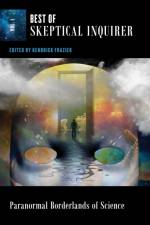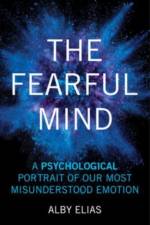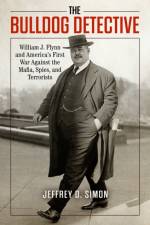347
Do polygraph tests really detect lies? Can memories be implanted? Is subliminal perception a reality? What is the relationship between science and belief?Experts in the fields of physical/biological science, psychology, philosophy, social science, and forensic science bring their perspectives to controversies that affect the way we think and how we perceive reality and the natural world. From science's influence on beauty to antiscience in our universities and from UFO mythologies to near-death experiences, this volume spans the gamut of pseudoscience today.Contributors include James Alcock, Susan Blackmore, Alan Cromer, Mandy Fowler, Christopher C. French, Martin Gardner, Thomas Gilovich, Theodore Goertzel, Paul R. Gross, Peter Huston, Ray Hyman, Noretta Koertge, Paul Kurtz, Dan Larhammar, Leon M. Lederman, James Lett, Norman Levitt, Scott O. Lilienfeld, Elizabeth Loftus, Lee Loevinger, Katy McCarthy, Joe Nickell, Bernard Oritz de Montellano, Debbie Peers, Anthony Pratkanis, Carl Sagan, Kenneth Savitsky, Glenn Seaborg, Elie Shneour, Matthew Smith, Victor Stenger, Jeffrey F. Victor, Jeff Wiseman, and Richard Wiseman.


